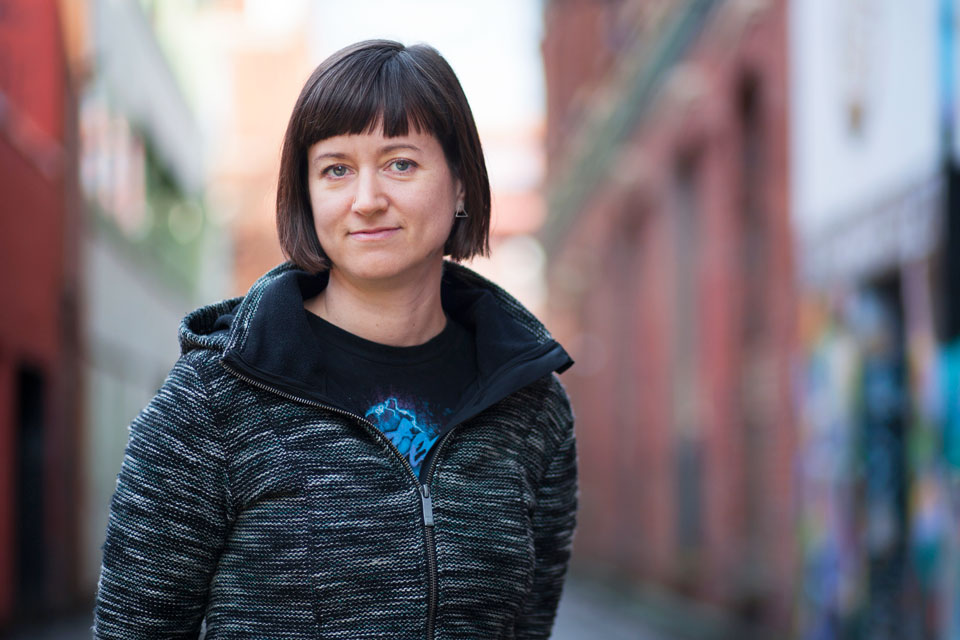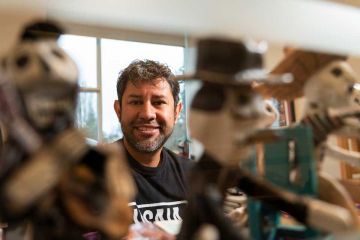Study asks people using drugs to shape their primary care
- Jody Paterson

A collaborative style of health research guided by those whose lives are the focus of the research is the model for a new Greater Victoria study aimed at helping people with multiple barriers get the primary health care they need without feeling judged, stigmatized and shut out.
Building on the work of a previous University of Victoria study examining cultural safety for hospitalized patients who use illicit drugs, health researchers from UVic’s Centre for Addictions Research of BC (CARBC) will now examine how that same population experiences primary health care. CARBC is partnering with Island Health, Royal Roads University, the Victoria Division of Family Practice and two community groups for the one-year study, led by researchers Bernie Pauly and Karen Urbanoski.
Collaborating with community groups such as the Society of Living Illicit Drug Users (SOLID) and the Umbrella Society ensures the perspectives of people with lived experience are incorporated into all aspects of the study, from identifying which issues to research, what questions to ask, who to ask them of and how best to put results into practice more quickly to improve health care.
“We all know that research drives quality, quality means better care, and better care means healthier outcomes for patients in my situation,” says ‘Jill,’ one of the SOLID peer-researchers. “Patient-oriented research is research that fully engages us as partners.”
The study is the first on Vancouver Island to be funded by the BC Support Unit for People and Patient-Oriented Research and Trials (BC SUPPORT). The province’s four regional SUPPORT centres were established through a new partnership between universities, health authorities and the CIHR, with the CIHR contributing $40 million and other partners matching those funds.
“Patient-oriented research offers a tremendous opportunity to engage with the community in shaping projects that will have a vital and immediate impact,” says David Castle, UVic’s vice-president research. “This type of research partnership aligns strongly with UVic’s commitment to communityengaged research.”
Having physicians and people who use drugs around the same research planning table has already been invaluable in raising awareness, notes Urbanoski, a researcher with CARBC and the Canada Research Chair in Substance Use, Addictions and Health Services Research.
“Part of the project’s role is to help primary physicians understand what it’s actually like to try to seek health care for this group of people,” she says. “It’s really challenging for people, whether they’re drug users or face other disadvantages—poverty, homelessness, violence, racism, colonialism. We see this work as the kind of thing that can be turned into training that will help us come up with a model for safe primary care.”
Photos
In this story
Keywords: addiction, drugs, Canadian Institute for Substance Use Research, research, nursing, health
People: Karen Urbanoski, Bernie Pauly





